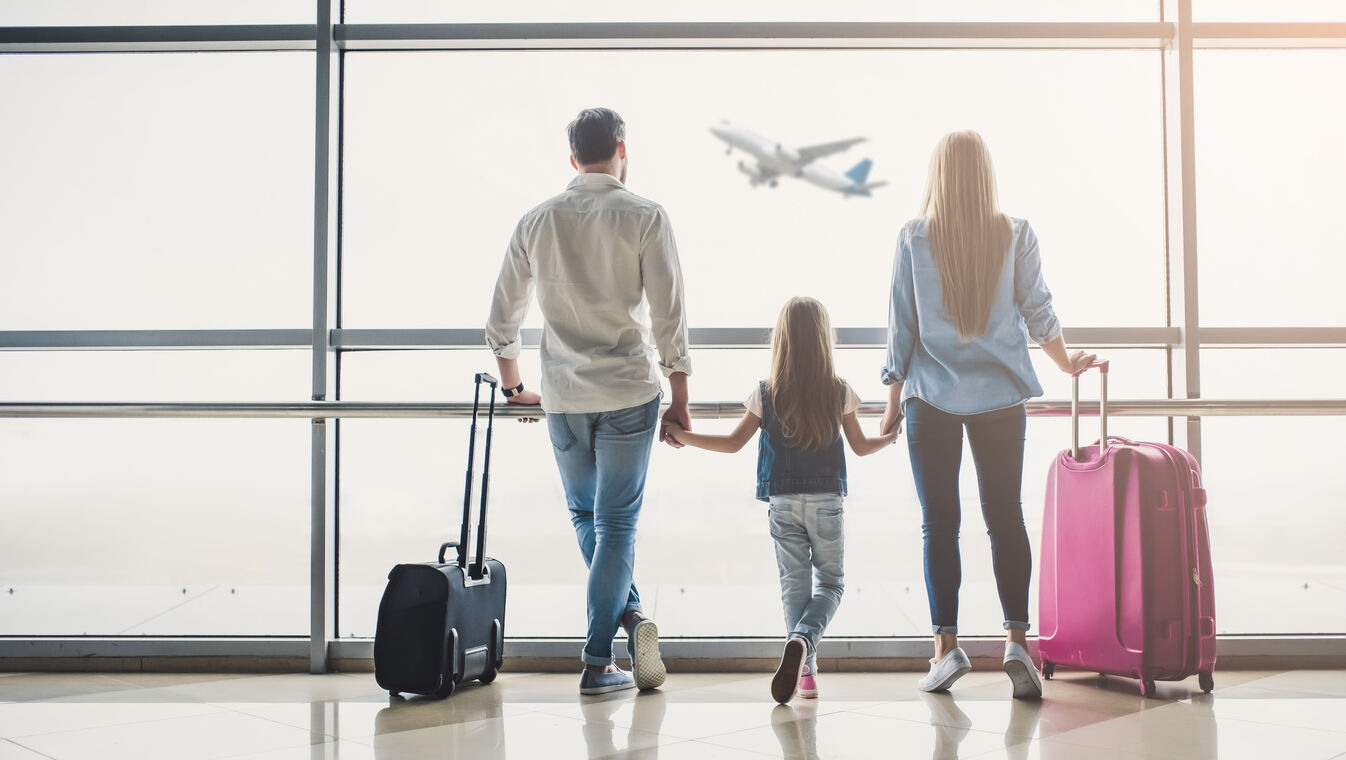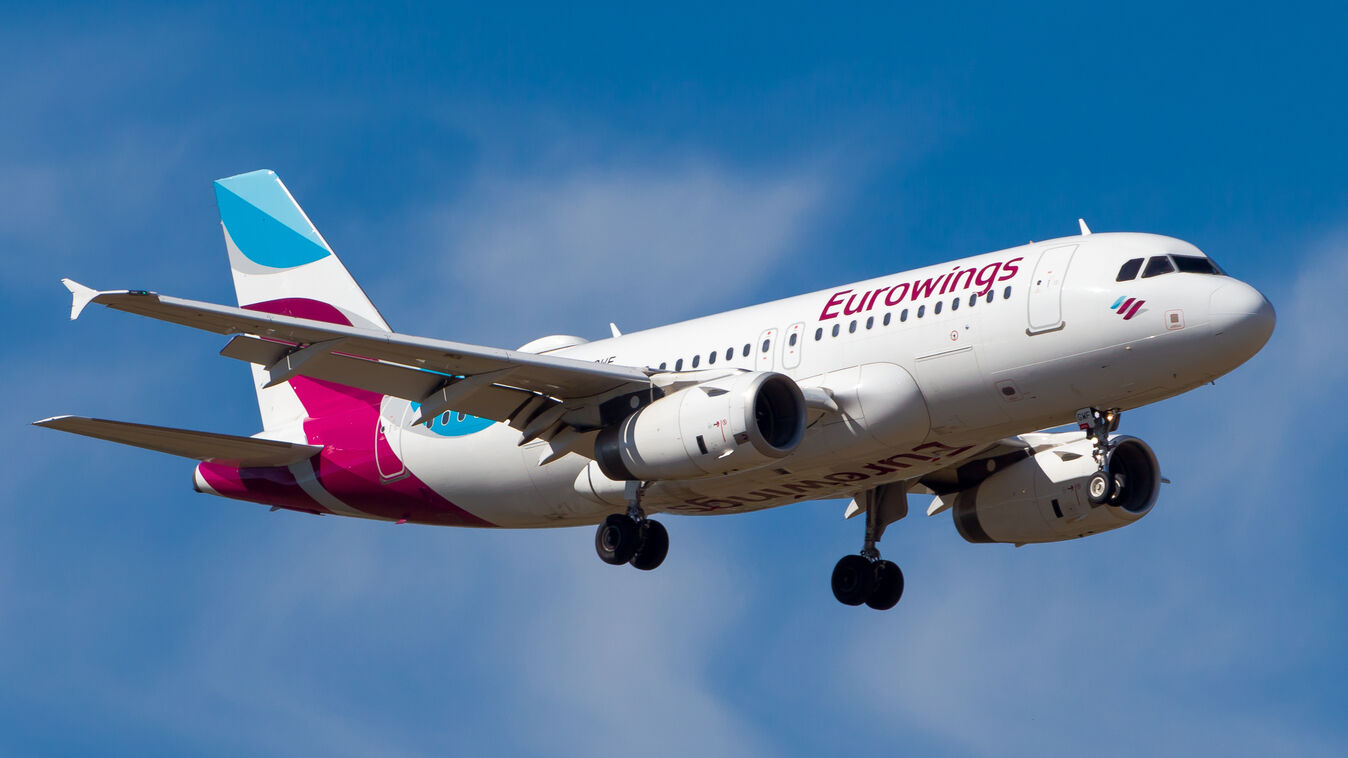Autonomous aircraft for cargo delivery

The aviation industry has seen many technological advancements over the years, and one of the most exciting developments is autonomous aircraft. Autonomous aircraft are unmanned aerial vehicles (UAVs) that can fly without human intervention. They are equipped with advanced sensors, cameras, and GPS systems that enable them to navigate and fly safely. Autonomous aircraft are not only being used for military purposes but are also being explored for commercial use, including cargo delivery. In this article, we will discuss the potential benefits of using autonomous aircraft for cargo delivery.
Benefits of autonomous aircraft for cargo delivery
Faster delivery times
One of the most significant benefits of using autonomous aircraft for cargo delivery is faster delivery times. Autonomous aircraft do not have to follow traditional air traffic patterns or schedules, meaning they can fly directly to their destination. This can significantly reduce delivery times, particularly for remote or hard-to-reach areas.
Improved safety of cargo delivery
Autonomous aircraft are equipped with advanced sensors and cameras that enable them to navigate and avoid obstacles safely. This can reduce the risk of accidents and improve safety during the delivery process.
Increased efficiency of cargo delivery
Autonomous aircraft can fly longer distances and for more extended periods than traditional manned aircraft. This means they can cover more ground and deliver more cargo in a single trip. Additionally, autonomous aircraft do not require a pilot, meaning they can operate 24/7 without the need for rest breaks or shift changes.
Cost savings for cargo delivery
Autonomous aircraft can operate without a pilot, reducing the need for expensive pilot salaries and benefits. Additionally, they require less maintenance and fuel, which can result in cost savings for cargo delivery companies.
Challenges of autonomous aircraft for cargo delivery
While there are many benefits to using autonomous aircraft for cargo delivery, there are also several challenges that need to be addressed. Currently, there are limited regulations governing the use of autonomous aircraft for cargo delivery. This means that cargo delivery companies need to work with regulatory agencies to ensure they comply with existing regulations and obtain any necessary permits or approvals.
Safety concerns of autonomous aircraft
Despite their advanced safety features, there is always a risk of accidents or malfunctions with autonomous aircraft. Cargo delivery companies need to ensure they have appropriate safety protocols in place to minimize risks and prevent accidents.
Weather conditions
Autonomous aircraft rely on advanced sensors and GPS systems to navigate and fly safely. Extreme weather conditions, such as strong winds or heavy rain, can affect the accuracy of these systems, making it challenging for autonomous aircraft to operate.
Public perception of autonomous aircraft
There is still some skepticism surrounding the use of autonomous aircraft for cargo delivery. Cargo delivery companies need to work to address public concerns about safety, privacy, and security to gain public acceptance. The potential benefits of using autonomous aircraft for cargo delivery are significant. Faster delivery times, improved safety, increased efficiency, and cost savings are just a few of the advantages that make autonomous aircraft an attractive option for cargo delivery companies. However, there are also several challenges that need to be addressed, including regulations, safety concerns, weather conditions, and public perception. As technology continues to advance and regulations evolve, we can expect to see an increase in the use of autonomous aircraft for cargo delivery.
Latest posts
Japan's Kansai Airport sets a remarkable precedent: Zero lost luggage
According to Forbes, Kansai Airport takes less than 15 minutes to transport luggage from the plane to the baggage claim.
Japan Airlines Boeing 787-9 dreamliner business class from Doha to Tokyo
This daily service caters to the growing demand for business and leisure travel between Doha and Asia.
Eurowings debuts direct flight from Cologne Bonn airport to Chişinău
Eurowings has launched a new flight route connecting Cologne Bonn Airport with Chişinău, Moldova.
About MYFLYRIGHT
MYFLYRIGHT is a legal tech company, specialized in the support of airline passengers affected by flight delays, flight cancellations, denied boarding, delayed or lost luggage and the refund of unused airline tickets. MYFLYRIGHT was founded 2016 in Hamburg, Germany. The company operates out of 3 offices, its headquarter in Hamburg and its branches in Prague, Czech Republic and Zaporizhia, Ukraine. Currently, MYFLYRIGHT employs a team of around 25 people working in Marketing, Operations, Legal, Customer Support and IT. The organization operates across 5 markets – Germany, United Kingdom, Romania, Austria, and Switzerland.
MYFLYRIGHT’s goal is to provide access to justice for all aviation passengers who experience irregularities in their flight transportation. Notably, 75% of all compensation requests submitted by passengers get rejected. Whereas, MYFLYRIGHT is able to successfully execute the applicable customer claims in more than 98% of cases at court.












